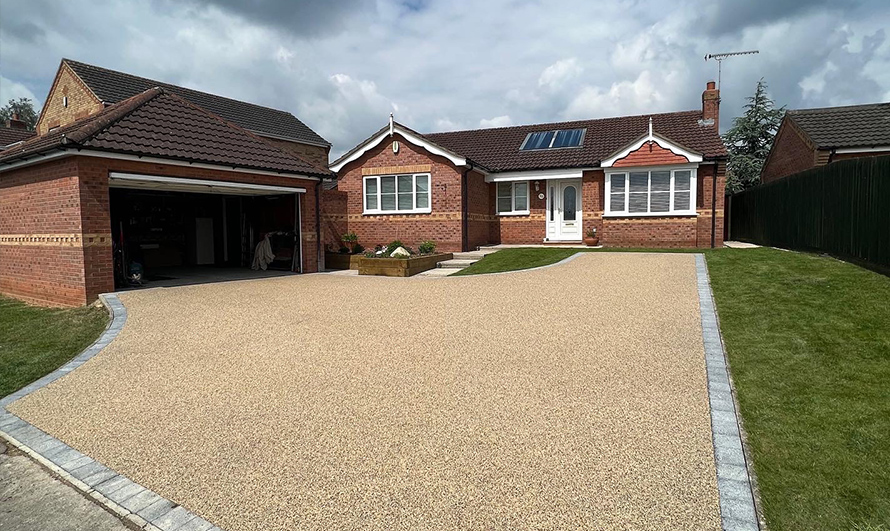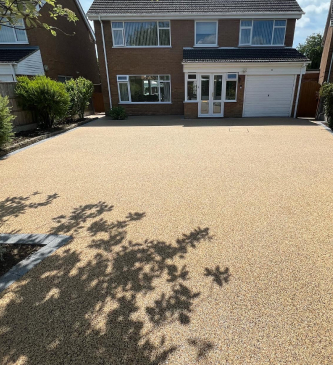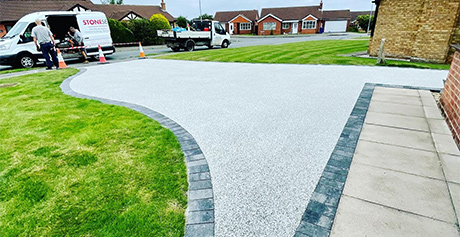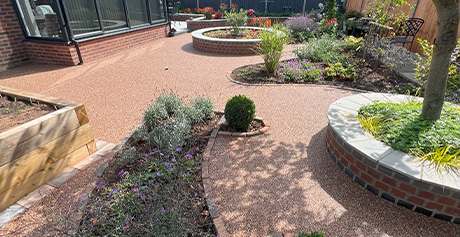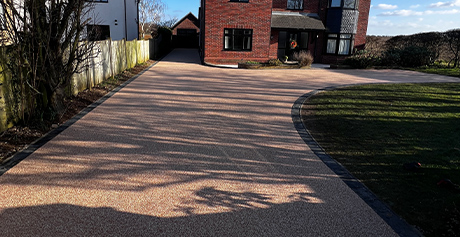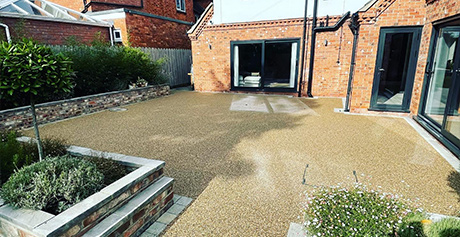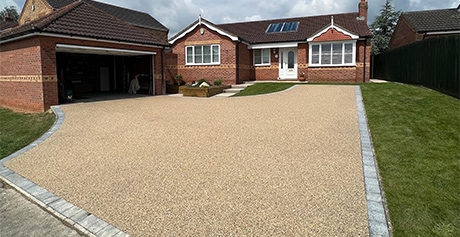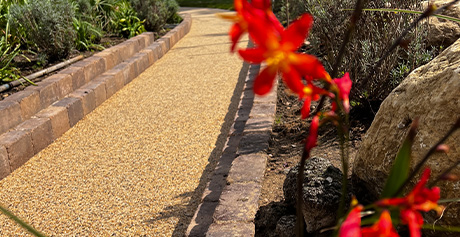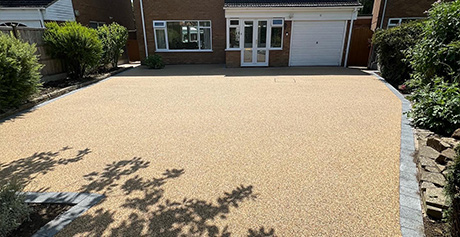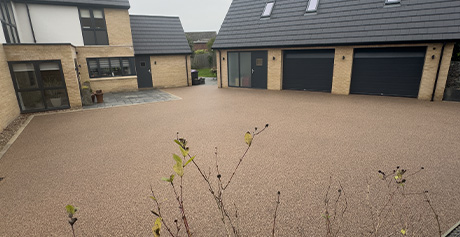Planning Permissions and Driveways: Everything UK Homeowners Need to Know
For homeowners like you, a driveway can be a major enhancement, adding convenience and potentially increasing the value of your home.
But before the first brick is laid or the tarmac poured, there’s a critical aspect to consider: planning permissions.
For many, this is a complex maze of rules and regulations. But fear not! This guide will walk you through everything you need to know in simple, jargon-free language.
What is Planning Permission?
In simple terms, planning permission is a formal approval needed from your local council to carry out certain types of building work on your property.
Without this, you risk fines and may have to undo the work.
Do I Need Planning Permission for a Driveway?
This is the big question on every homeowner’s mind. The answer isn’t a straightforward ‘yes’ or ‘no’. It usually depends on the type of driveway you’re planning to install as well as where you are/where the driveway will be.
In 2008, the rules around driveways and planning permissions changed, largely due to concerns about flooding, but also in an attempt to try to reduce the number of front gardens that were being repurposed into driveways.
The Government removed the requirement for planning consent (permission) even where the area is greater than 5 square meters, as long as permeable materials are used
If your driveway uses permeable materials such as gravel, permeable concrete block paving, or porous asphalt, or if the rainwater is directed to a lawn or border to drain naturally, then you generally won’t need planning permission.
This is true for driveways that are less than five square metres.
However, if you’re planning on using non-permeable materials and the surface exceeds five square meters, you’ll likely need to get planning permission.
As always, the golden rule is when in doubt, check it out. You can either contact your local council to get clarity or get in touch with us.
Why is Drainage Important?
Flash floods are a rising concern in many parts of the UK. You may remember serious flooding back in 2007 (in the UK) that resulted in loss of life, disruption to people’s lives, and drainage damage estimated to be around £3bn.
Using non-permeable materials means that rainwater runs off quickly and fills drains, potentially leading to floods. Permeable materials, on the other hand, allow the water to seep down and reduce the load on drainage systems.
The Environment Agency previously commented that “….effective action taken at the household and community level can significantly reduce the flow rate and volume of surface runoff, decreasing flood risk.”
They explain how using permeable materials in their ‘Guidance on the permeable surfacing of front gardens’ can help to achieve this.
Our friends over at The ResinMill discuss this in more detail in their blog ‘Do driveways have to be permeable?’ and confirm that high-quality resins, such as the ones that we at StoneSet use, are suitable for creating SuDS compliant driveways.
Listed Buildings and Conservation Areas
If your home is a listed building or if you live within a conservation area, additional factors come into play.
Even if your desired driveway complies with general rules, you might still require permission in these special cases. It’s always a good idea contact your local authority before getting started with work in such areas.
Dropped Curbs
Many homeowners forget about the access from the road.
If you’re planning on creating or widening an access to your property, you might need to lower the curb. This requires permission from the local council, as it involves altering a public pavement or roadway.
Trees and Nature
Trees can add beauty and character to a property. However, if you’re considering installing a driveway, make sure you check if any trees on or around your property are subject to a Tree Preservation Order (TPO). If they are, you might face restrictions.
Also, remember that the roots of large trees can extend well beyond their visible canopy. Installing a driveway close to a large tree could harm the tree, potentially making it unstable.
Benefits of Using a Professional Installer
Using a professional installer means that you won’t have to worry about planning permission. If you need it, we’ll tell you and explain the process. If you don’t, then you don’t need to give it a second thought.
With over 20 years’ experience, StoneSet is Lincolnshire’s number one choice for domestic and commercial surfacing. From tarmac car parks, paths and dropped kerbs, to premium quality block paving and stunning resin bound patios and driveways.
StoneSet of Lincolnshire, Newark & Nottinghamshire brings our surfacing expertise to homes and businesses across the county – every day. You’re in safe hands!
Conclusion
Planning permissions can seem daunting, but they exist for good reasons. They help maintain the character and safety of our communities and ensure that changes to one property don’t negatively impact neighbours or the environment.
If you’re considering a new driveway, do your research. In the end, your new driveway will not only be a beautiful addition to your property but also a testament to your commitment to doing things right.
Remember, it’s always better to be safe than sorry. A little effort now can save a lot of heartache later.
